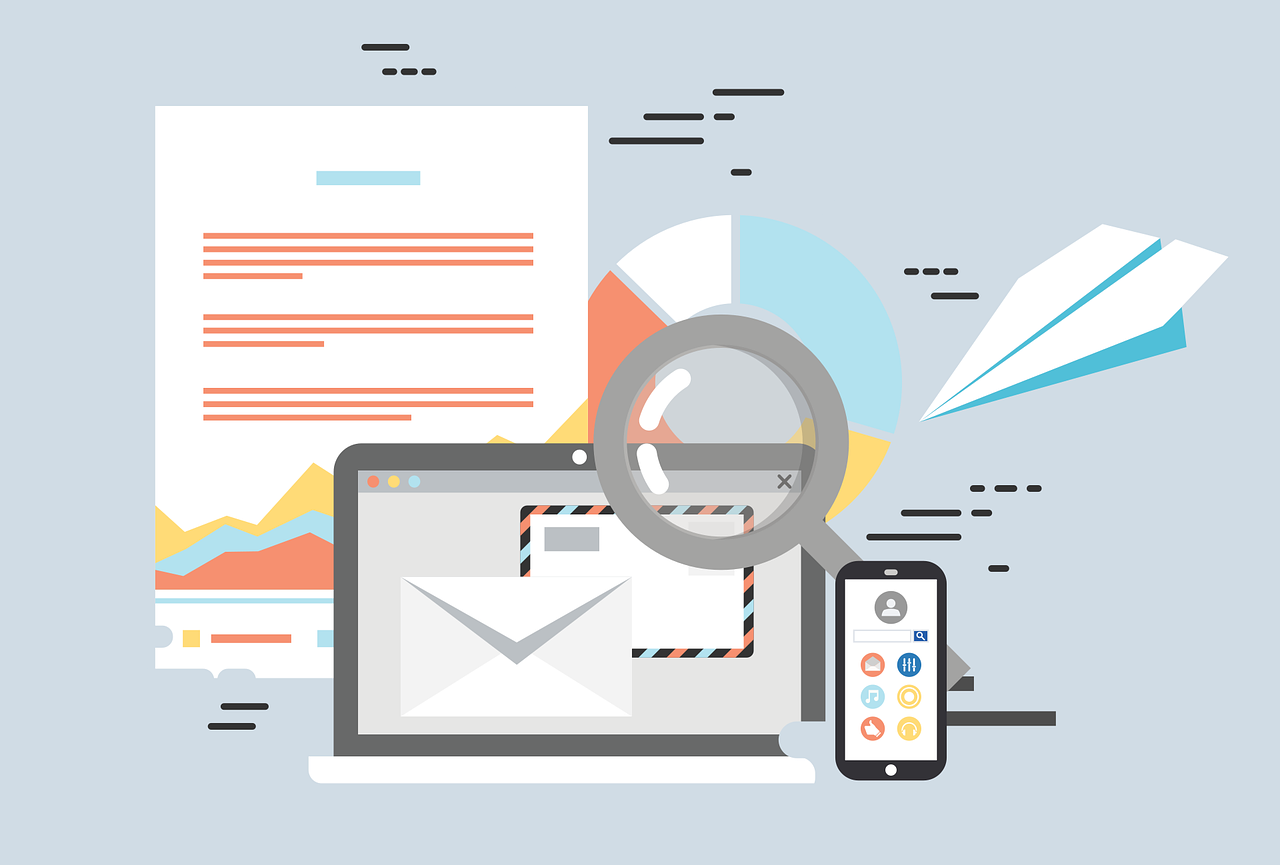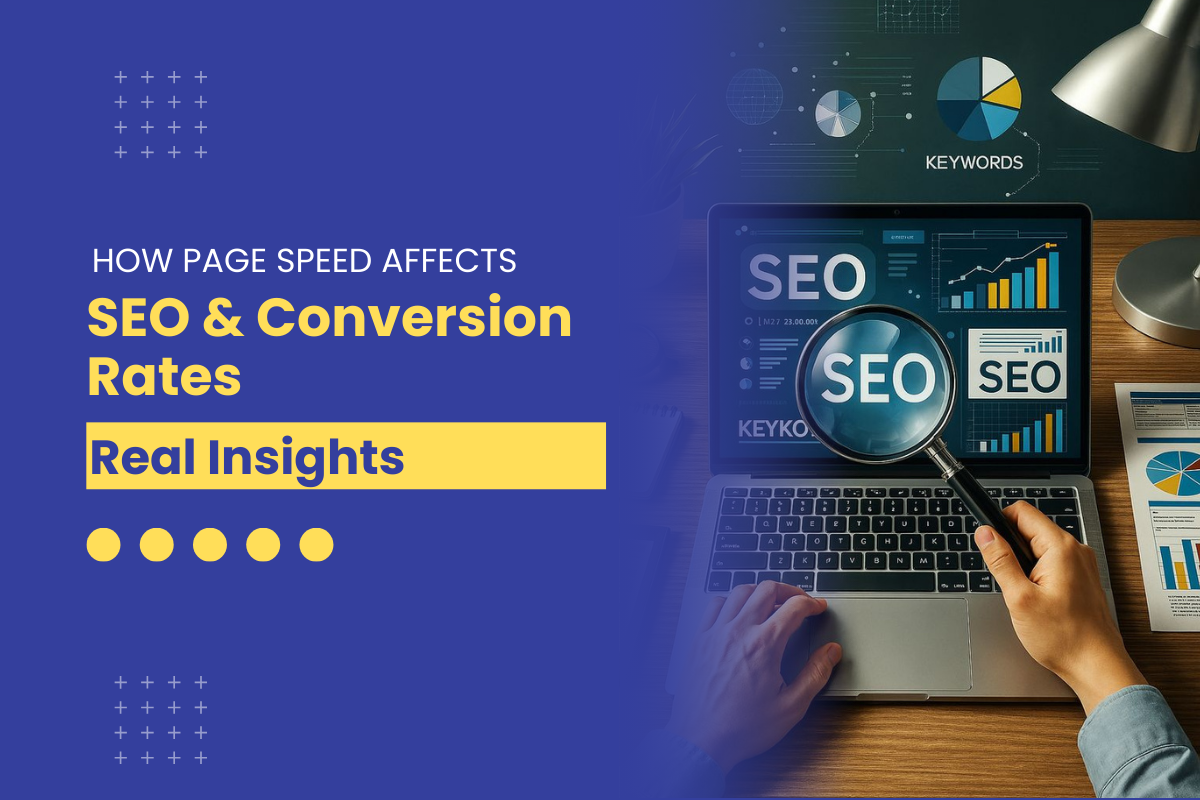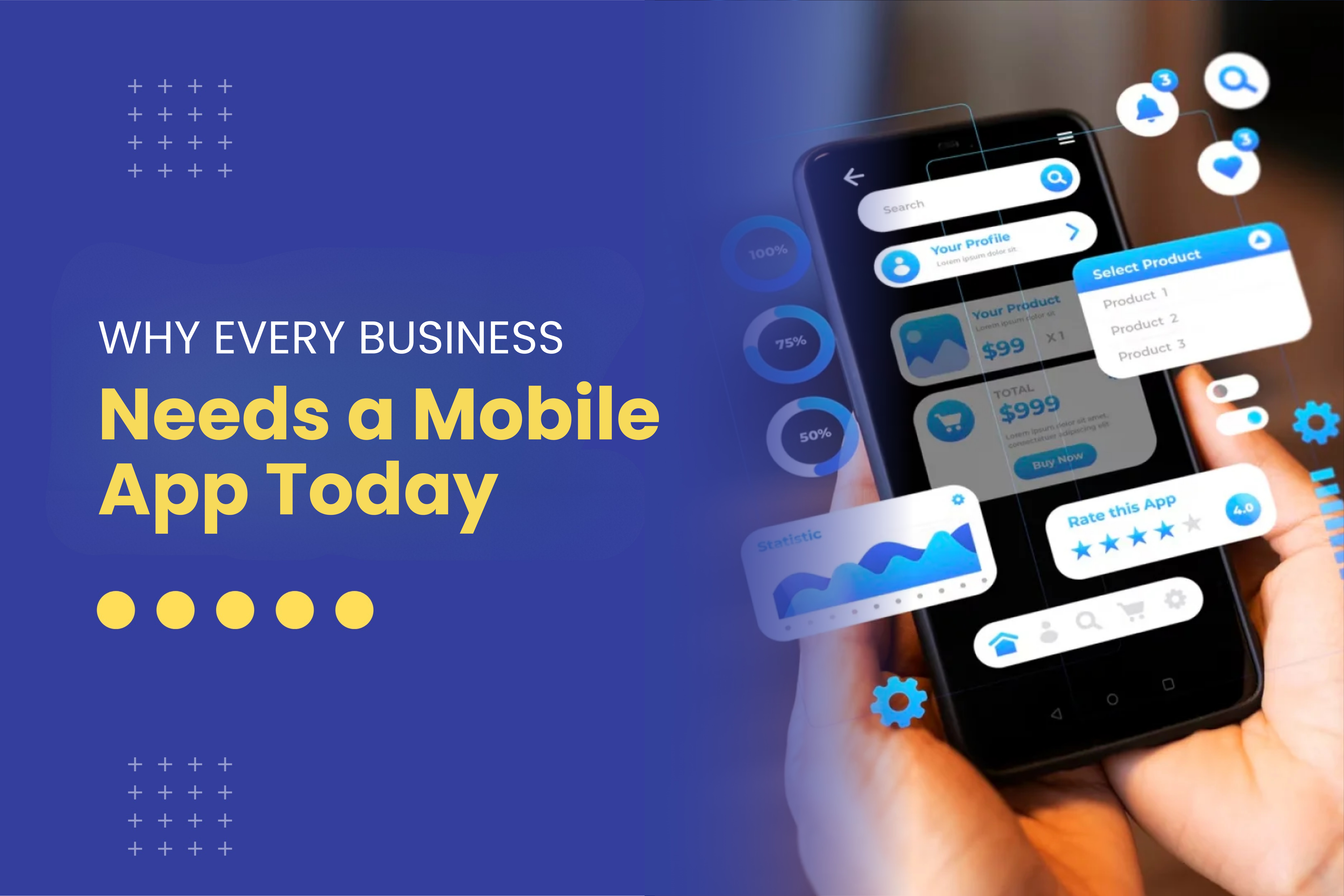ROI of Enterprise Application Integration
Thu, 08 Apr 2021
To improve business workflows, modern businesses are increasingly adopting newer and smarter applications. To streamline the functioning of enterprise-level activities, the integration of these apps is even more critical.
Today’s businesses rely on multiple applications to manage their essential daily operations, such as accounting software, CRM systems, analytics platforms, HRMS systems, and more. The incorporation of these enterprise applications provides organizations with transparency and order for business processes as they reveal the hidden potential of the existing systems. While modern companies are increasingly adapting to this trend to enhance business workflows, it is important to take into account the ROI effect of this integration.
We discuss the ROI-led benefits of the integration of enterprise applications.
There are three types of application integration:
Traditional on-premise integration platforms:
Although deployments tend to be costly with a longer deployment time and provide limited or less flexibility to support changes over time without specialized expertise or consultation, these platforms can be used to integrate cloud applications.
Tactical point-to-point connectors:
Subscription to the required and prebuilt cloud connectors enables other cloud and on-premise applications to connect discrete cloud application data fields. It requires low initial and stable ongoing costs with rapid deployment time. They are often not architected for companies because they do not meet the requirements of scalability and reliability.
Project-based integration:
Companies can link cloud and on-premise applications by leveraging existing employee skill sets and developer tools or through external consultation. This strategy does not, however, scale over time and often requires specialized knowledge for upgrades or modifications.
Benefits of Enterprise Application Integration:
- Reduced IT Cost and Investment
- Automates Workflow
- Simplifies Business Processes
Bottom Line:
The trends in technology are changing rapidly and the organization needs to be prepared to implement those changes to stay ahead of the competition. Integration of Enterprise Application allows organizations to enhance business operations and to leverage the comprehensive exchange of information by eliminating data discrepancy. It further enables companies to tackle market shifts.
POPULAR POSTS
The Difference between Digital Marketing and Advertising
Wed, 07 Apr 2021How Chatbot Development Is Transforming Customer Service
Thu, 06 May 2021Why UX And UI Is Important For Mobile Application Development
Sat, 01 May 2021Top Hosted Ecommerce Platforms of 2020
Wed, 07 Apr 2021RECENT POSTS
How Page Speed Affects SEO & Conversion Rates | Real Insights 2026
Tue, 27 Jan 2026Website API Development: How to Boost Scalability & Functionality
Tue, 27 Jan 2026Minimum Budget for Facebook Ads in India in 2025 – What Works
Tue, 20 Jan 2026How PHP and Laravel Help Build Secure Websites | PHP Security
Tue, 20 Jan 2026Why Every Business Needs a Mobile App Today – Simple Guide
Tue, 20 Jan 2026









